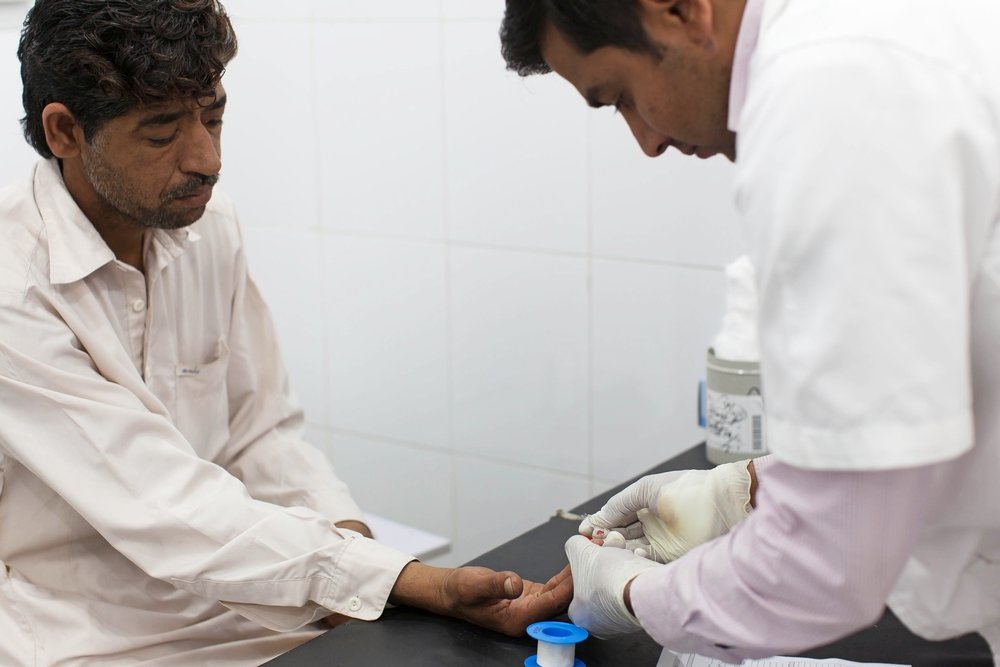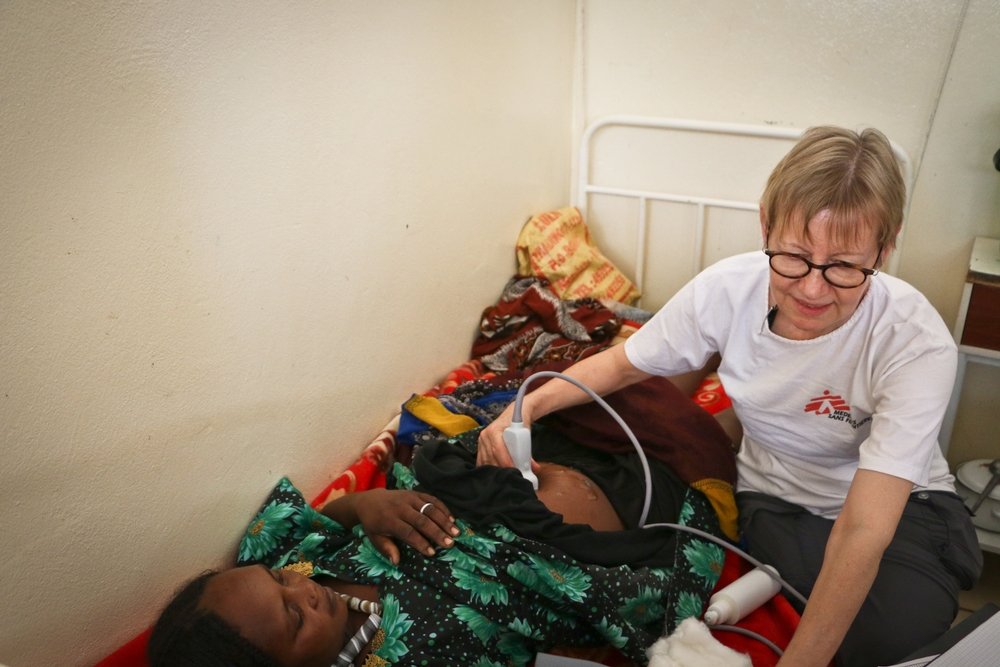- The rejection of a patent on sofosbuvir will allow India to produce more affordable generic versions
- South Africa’s outdated laws prevent patent rejection, which could lead to artificially high prices until 2034

Johannesburg - The Treatment Action Campaign (TAC), Doctors Without Borders (MSF) and SECTION27 applaud India’s decision to reject a patent application on sofosbuvir, an important new treatment for Hepatitis C. Last Wednesday’s decision paves the way for increased access to more affordable sofosbuvir in India and other countries who choose to implement legal flexibilities available under international law to increase access to the drug. However, existing patents on sofosbuvir in South Africa could block access to the cheaper generic versions that will become available due to the ruling.
The government should therefore urgently finalise the national intellectual property policy to allow South Africa to better protect access to medicines.
Hepatitis C is a curable disease that affects over 185 million people and leads to nearly half a million deaths worldwide each year. As many as one million people in South Africa may be infected with hepatitis C virus (HCV). Sofosbuvir has fewer side effects, is easier for patients to take, and has higher cure rates than existing treatments. However, sofosbuvir is not yet registered or available in South Africa, and existing patent barriers could hinder the country from looking for multiple generic sources of the drug in order to get the most affordable prices.
Pharmaceutical company Gilead sparked a global outcry by setting sofosbuvir’s price at $1,000 (R11, 600) per pill in the United States. The $84,000 (R974, 439) price tag for a 12-week course of treatment means many U.S. patients are excluded from receiving sofosbuvir. The UK’s National Health Service have delayed sofosbuvir’s introduction due to its high price of £35,000 (R614, 907) per 12-week course. Even in countries like Egypt with a high burden of Hepatitis C, where Gilead has offered a discount, the lowest price per course rings up at $900 (R10, 440).
Rejection of the patent in India will allow generic manufacturers that have not already signed restrictive licensing agreements with Gilead to produce sofosbuvir at much lower prices than currently available^. Research conducted by Dr Andrew Hill at the University of Liverpool, for example, suggests that sofosbuvir can be profitably produced for as little as $102 (R1,182) per 12 week course*.

However, patent protection in South Africa prevents open competition, and could block generic versions of sofosbuvir and other new HCV drugs from reaching the domestic market. The same sofosbuvir patent rejected in India was granted in South Africa, and will only expire in 2025. South Africa has also granted multiple ‘secondary’ patents on sofosbuvir, with the latest patent only expiring in 2034. If reforms proposed in South Africa’s draft intellectual property policy are implemented, the number of such secondary patents granted will be dramatically reduced.
“In South Africa, we grant an extraordinary number of patents on medicines, because we don’t have similar patent laws to India,” said TAC Chairperson Nkhensani Mavasa. “We don’t even examine patent applications to make sure they deserve to be granted in line with our own national standards. Unlike in India, interested parties in South Africa can’t file oppositions as a way of stopping unfair patent monopolies being granted, and ensuring greater access to medicines. It is important that the government introduce these practices, amongst others, whilst fixing our patent laws.”
In line with international law, India sets high standards for what deserves a patent. They can reject patents that are not innovative enough or do not meet specific criteria set out in the national laws. This reduces the number of weak or abusive patents being granted, allowing more companies to innovate and compete in the market and generating lower prices. In the rejection decision, the Indian Controller General of patents held that "there are a number of earlier compound structures that are very close to what Gilead is trying to get a patent for."
“It is vital for South Africa and governments of other middle-income countries to support decisions like the sofosbuvir patent rejection, not only through public statements, but also by adopting policies and practices similar to India’s,” said Julia Hill of MSF South Africa. “If we are to have access to important new drugs like sofosbuvir at the lowest prices, efforts by the Department of Trade and Industry to amend South Africa’s patent laws cannot proceed soon enough.”
The Fix the Patent Laws campaign is comprised of the Treatment Action Campaign (TAC), Doctors Without Borders (MSF) and SECTION27 (legal advisor). The campaign advocates for South Africa’s government to fully incorporate into national policies and laws the legal flexibilities enshrined in the World Trade Organisation’s TRIPS Agreement that help promote access to medicines.
For more information, see: www.fixthepatentlaws.org or follow us on Twitter @FixPatentLaw
*All rand prices based on currency conversions as of Monday 19th January 2015.
*South Africa falls within the geographic scope of Gilead’s voluntary license with seven generic Indian manufacturers for sofosbuvir production. This means that while South Africa could purchase sofosbuvir from these seven manufacturers, Gilead’s patent rights would allow the company to block South African purchases from any other generic companies. While neither Gilead nor the seven companies signing the voluntary license have announced a South African price for sofosbuvir, companies outside the voluntary licensing agreement do not need to pay royalties to Gilead, and can likely offer sofosbuvir prices closer to the cost of production.
Find out more about MSF in South Africa.